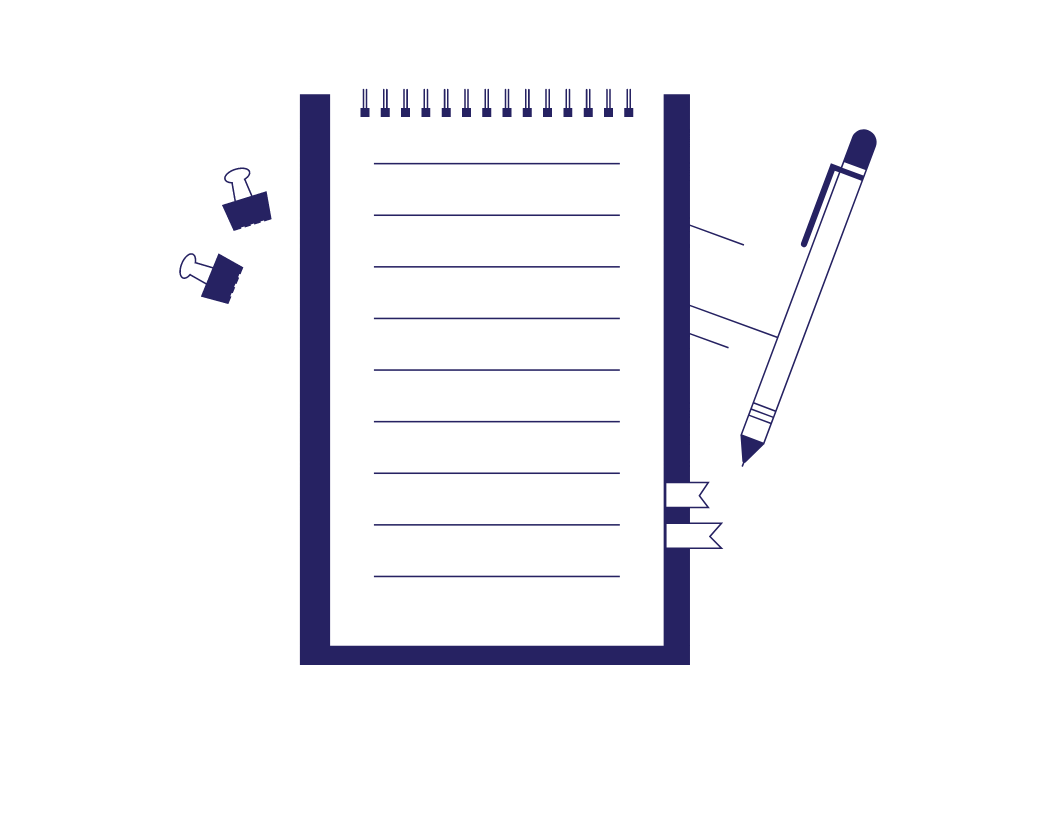
- 4-minute read
- 16th January 2022
5 Tips for More Productive Writing at Work
Regardless of your profession, there’s a good chance your job requires that you spend a fair amount of time writing. Whether you’re a professional copywriter, have to develop business presentations or reports, or just spend a lot of time sending emails, staying productive during that time is important for success.
If you’re struggling to make the best use of your time or get into a productive rhythm, we can help! We have five top tips to help you become a more productive writer:
1. Create an environment conducive to writing at your best.
2. Practice time management to prevent burnout and maximize productivity.
3. Stick to a schedule that makes writing part of your routine.
4. Try multitasking by using dictation in place of handwriting or typing.
5. Proofread and edit later so you don’t stall your writing momentum.
Read on below to look at these tips in more detail.
1. Create a Positive Environment
Our environments impact our behavior and, therefore, our productivity. Creating a space that motivates and inspires you to do your best is key to boosting productivity. Find a writing space that’s comfortable, functional, and away from high-risk distractions (e.g., television, family members and pets, a lot of noise).
It’s also important to declutter your workspace from anything else that might demand your attention; ideally, you only want access to the tools necessary to do your job. Also, remember that sometimes distractions happen anyways. So, if something else pulls your attention away from writing, dedicate a couple of minutes to an activity that can help reset your brain.
Find this useful?
Subscribe to our newsletter and get writing tips from our editors straight to your inbox.
It’s also been shown that incorporating nature into your workspace can increase productivity. Nature can reduce your body’s stress responses, which allows for an increase in memory, creativity, and productivity. Look for outdoor spaces that you could work comfortably in, and even if you can’t mobilize your workspace, consider adding natural elements into your indoor space (e.g., plants, artwork, setting your desk up at a window) or taking breaks outside.
2. Practice Time Management
Another way to limit distractions and focus solely on writing is to do timed writing sessions. The Pomodoro time management technique involves working in 25-minute sessions that are separated by short 5 to 10-minute breaks.
If you tend to get fatigued by trying to get all of your writing done at once, or if you get distracted easily, this technique can help you reclaim your productivity, as you are likely to feel more energized and rejuvenated when you have more focused writing sessions.
3. Stick to a Schedule
There’s a good chance that your days are filled with a lot of competing priorities, so one way to maintain your productivity as a writer is to schedule time to write. Set aside a block of time for writing each day so that it becomes part of your daily routine, or you could create a schedule and set goals for the various parts of the writing project you’re currently working on (i.e., researching, outlining, and writing).
4. Try Dictation
If you have routine activities in your schedule that don’t require a lot of mental energy or focus, consider using that time to multitask. Writing doesn’t necessarily mean using a pen and paper or typing at a computer. In fact, most people will find that they can speak faster than they can write or type. Dictation, therefore, is a great way to increase productivity.
There are plenty of free, web-based dictation tools or ones that are already built into your devices that you can use to write while you’re exercising, doing chores, or even stuck in traffic during your daily commute!
Remember, though, that since you are multitasking, anything you write this way should be considered a rough draft that you can expand upon once you have time to focus solely on writing.
5. Proofreading and Editing
If there’s one thing that can stall your momentum and hinder productivity, it’s trying to make spelling and grammar corrections while you’re writing. Instead, try creating drafts where your only focus is getting your ideas down.
Since it’s still vital to eventually go back and make those corrections, consider utilizing proofreaders or editors so you can dedicate that time instead to other writing projects. At Proofed, we have expert editors available 24/7 to help with any of your projects or communication needs. Try uploading a free trial document today to learn more!




